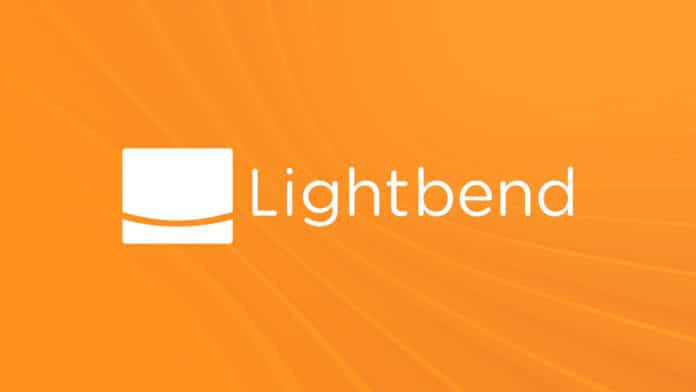Akka’s creator, Lightbend Inc., said today that it is modifying the software’s licence structure to encourage greater development contributions from its largest users. Akka is a developer toolkit made to make it easier to create and run powerful distributed applications. For people and businesses who wish to create Scala and Java programmes that can scale up quickly while avoiding many of the problems associated with concurrent systems, Akka is excellent.
One of the main advantages of Akka is that it enables programmers to create extremely scalable systems that can grow or shrink depending on workload. It enables a considerably more effective and economical use of resources, particularly for businesses that rely on widely dispersed systems. Many of the problems with traditional object-oriented programming are solved by Akka, especially when it comes to the huge, concurrent networks needed to handle such resource-intensive and fluctuating workloads. The need of methods like synchronisation locks and semaphores, which are necessary to minimise issues with the use of shared memory, is significantly reduced by Akka.
Akka and its sister product, Akka Serverless, have been widely adopted by market leaders in the financial services, e-commerce, automotive, web services, cloud infrastructure, and online gaming sectors, according to Lightbend. It believes there is a problem with its current “open core” economic model, though.
The issue, according to Lightbend, is that when an open source project becomes essential to a company’s day-to-day operations, such businesses choose to self-support the software without making any additional contributions to its development or the larger community. That persists despite the fact that those businesses make large profits off of virtually free technology.
Lightbend said that it is switching Akka’s licencing from Apache 2.0 to the Business Source License v1.1, effective with the Akka v.27 version that will be delivered in October, in order to put an end to this.
Every firm that makes use of Akka will have to get a commercial licence under this new framework. Those with annual revenues of under $25 million won’t be expected to pay. However, those whose yearly sales exceeds $25 million will have to pay for both the licence and the subscription needed to use the Akka software in production. Any software released under the new licence cannot be backported under the terms of the licence.
Every firm that makes use of Akka will have to get a commercial licence under this new framework. Those with annual revenues of under $25 million won’t be expected to pay. However, those whose yearly sales exceeds $25 million will have to pay for both the licence and the subscription needed to use the Akka software in production. Any software released under the new licence cannot be backported under the terms of the licence.
Jonas Bonér, the founder and CEO of Lightbend, defended the decision by stating that it is intended to assure shared responsibility for all parties who rely on Akka in order to support its future development. As a result, he continued, “Akka will be able to continue to be at the forefront of developing innovative solutions that are used by many globally renowned brands to build and run some of their most important applications.”
Not being open-source, the BSL v1.1 licence. It was first produced by MariaDB Corp. and functions in two steps. In the first phase, which is commercial, users can browse, download, and use the software without charge in non-production settings whereas production use necessitates a licence from Lightbend. The source code for that version will then be made available under an Apache 2.0 licence, making it open source, three years later.










































































